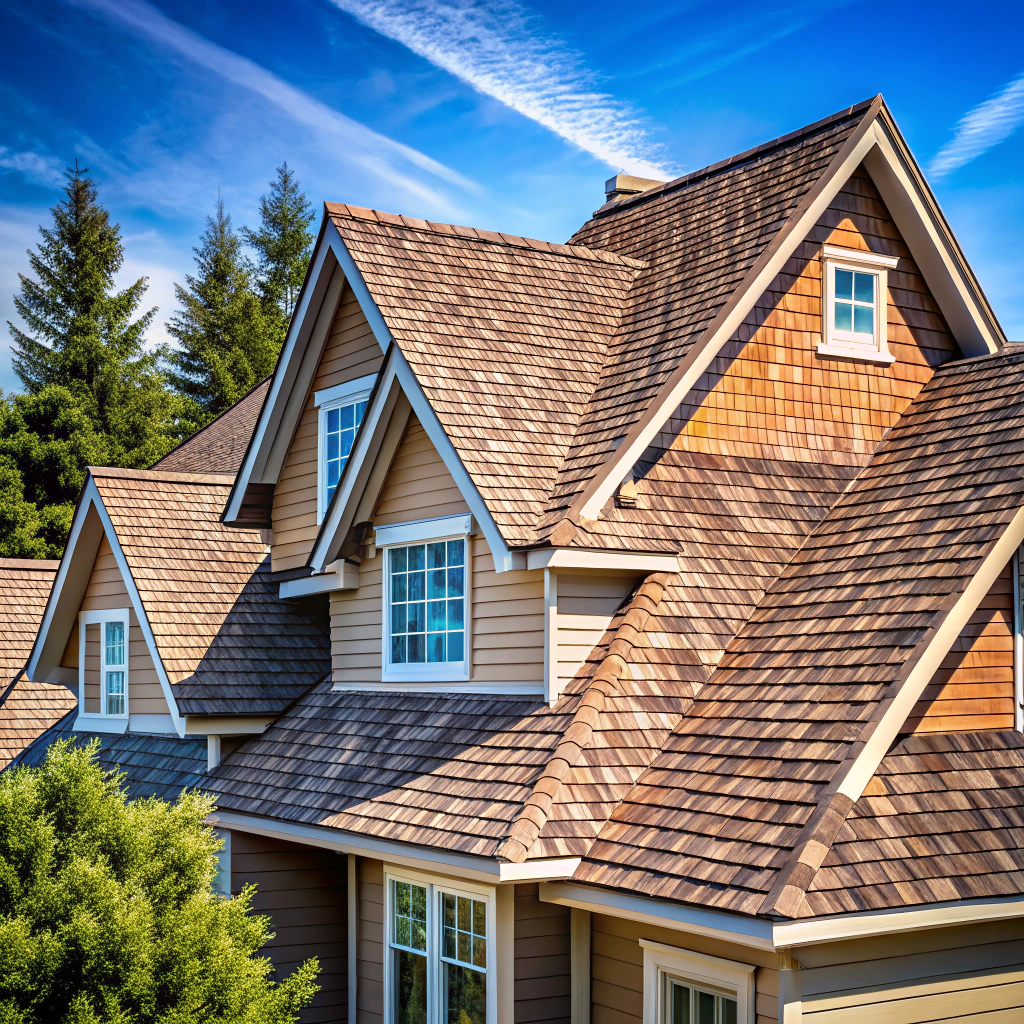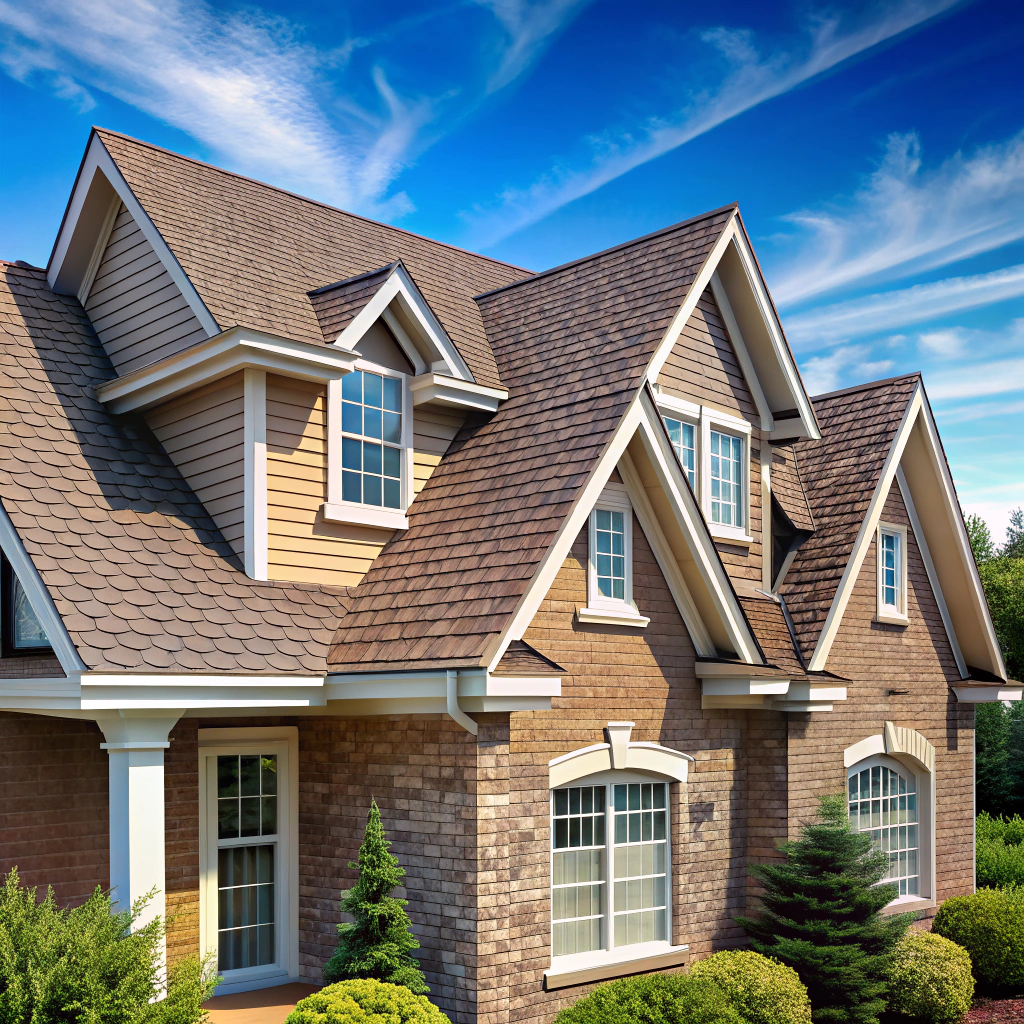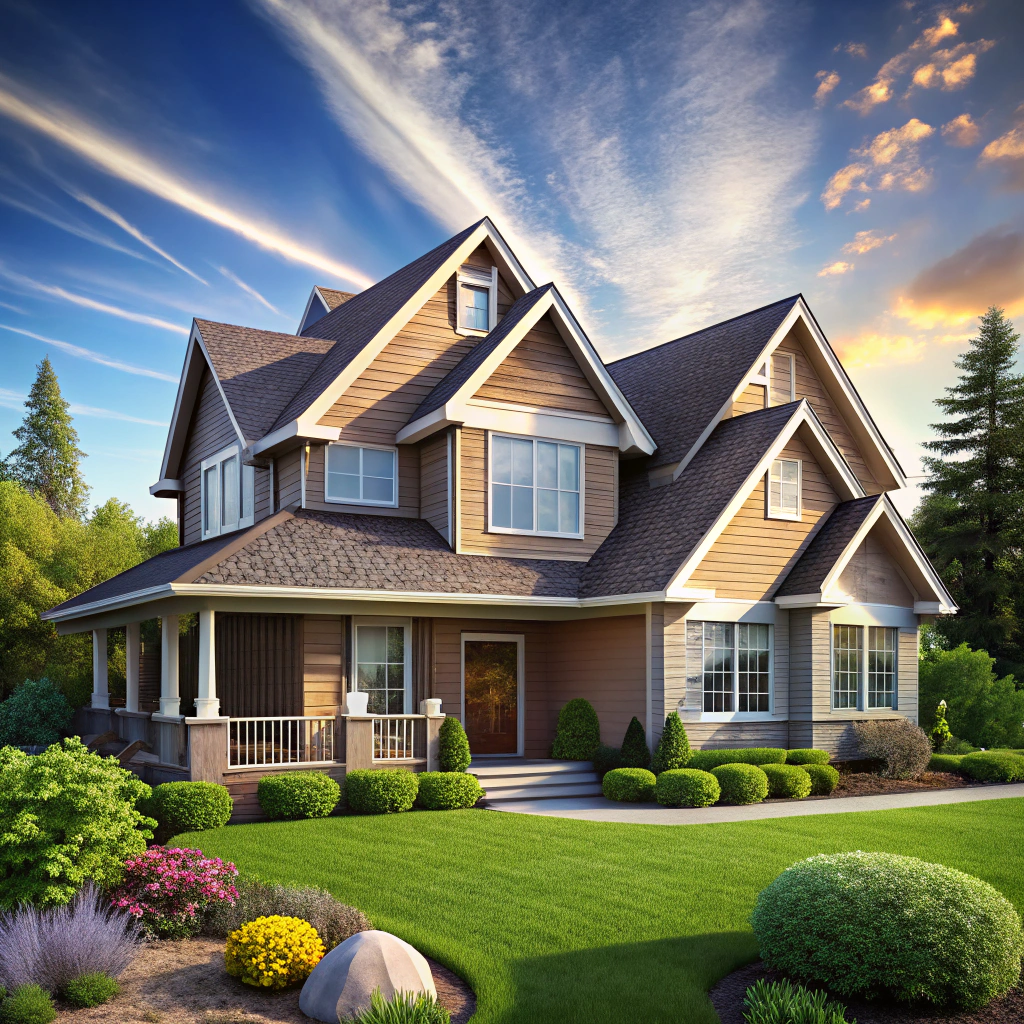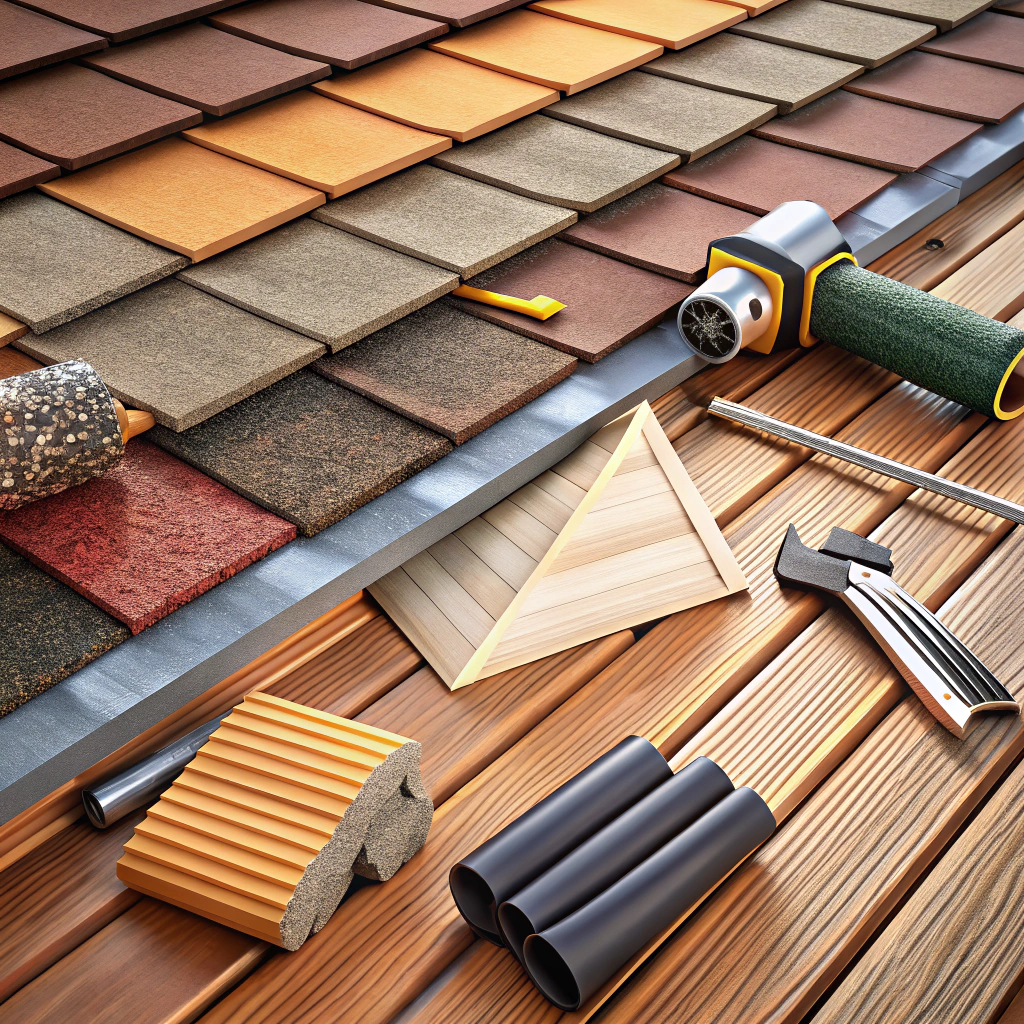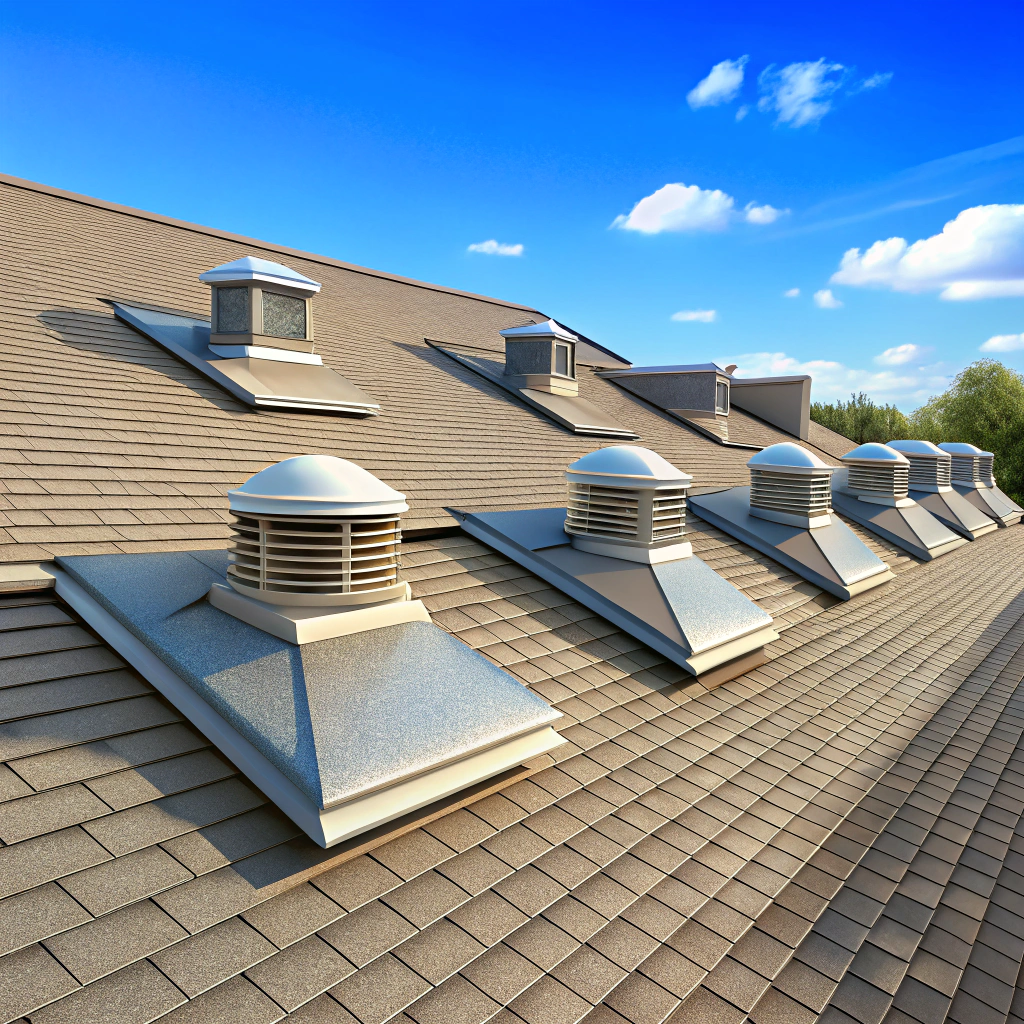Last updated on
Discover different factors that influence the cost of shingles per square, crucial information allowing you to budget effectively for your roofing project.
Key takeaways:
- A square of shingles covers 100 square feet.
- Factors affecting costs include location, seasonality, shingle type, and roof complexity.
- Reduce costs by choosing off-season, value-grade materials, and energy-efficient options.
Definition of a “square” in Roofing Context
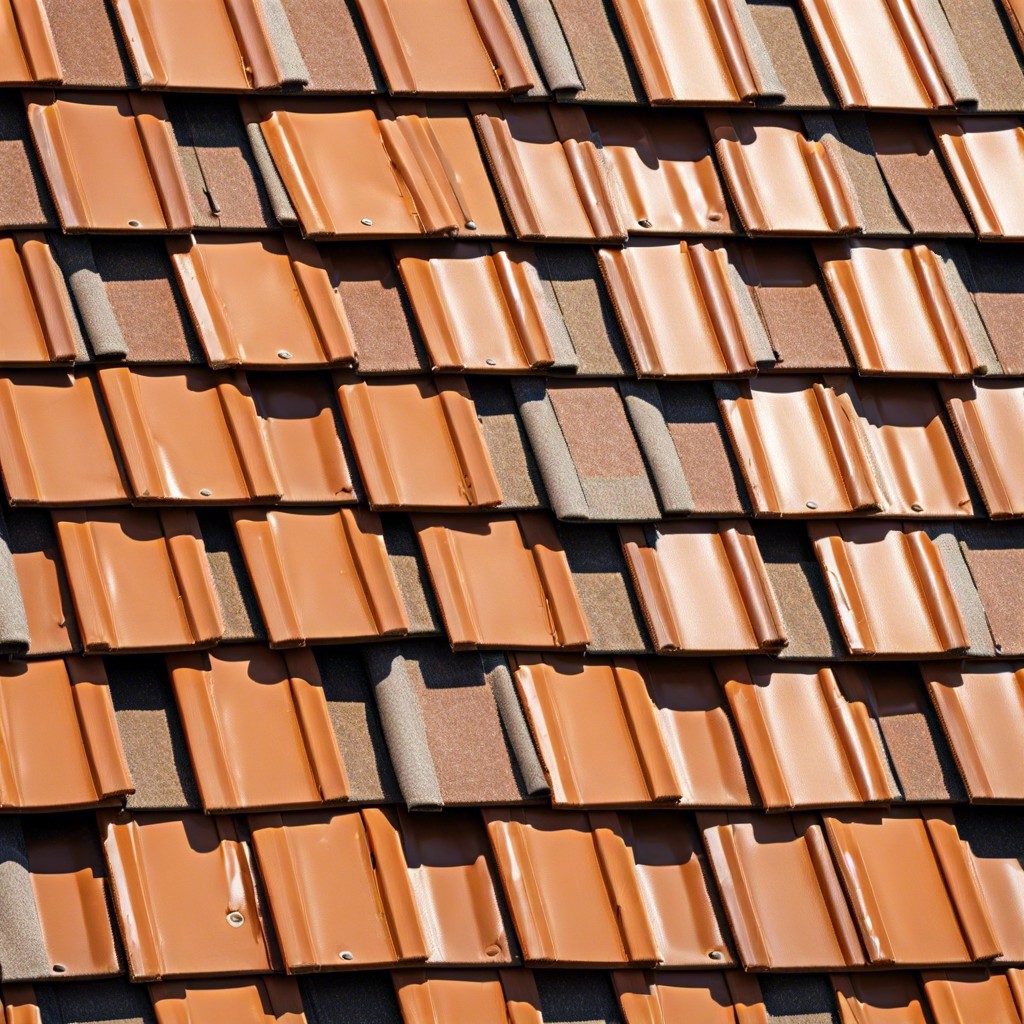
A “square” when discussing roofing materials is not a reference to geometry, but rather a unit of measurement. It equates to 100 square feet of shingle coverage. This standardized metric simplifies the process of calculating the amount of materials needed for roofing projects.
Regardless of shingle size or type, a square will cover the same area, ensuring consistency across estimates and installations. Understanding this term is crucial when purchasing shingles, as they are commonly sold by the square, not by individual units or by the square foot. This helps homeowners and contractors determine the quantity required for a given roof’s size and layout.
Current Average Cost Range Per Square of Shingles
Prices for shingles vary based on several key criteria, including material, brand, and region. On average, homeowners can expect to spend between $100 to $150 for a square of asphalt shingles, which are the most common and cost-effective option. Architectural shingles, a subtype known for their dimensional appearance, tend to be pricier, potentially ranging from $120 to $140 per square.
Premium materials such as metal, wood, or slate will have a substantially higher cost. Metal shingles can cost between $300 to $700 per square, whereas wood shakes are typically in the range of $250 to $600. Slate shingles top the price range at about $600 to $1,500 per square, depending on the type and quality.
It’s crucial to note that these costs typically do not include installation, which can double the total expense. Prices are also subject to change, so obtaining recent, localized quotes from suppliers or contractors gives the most accurate financial picture for roofing projects.
Difference in Cost Based On Shingle Material
The type of material selected for shingles significantly affects the overall price. Asphalt shingles are the most cost-effective, suitable for tight budgets and averaging between $100 to $150 per square. Architectural shingles, a premium version of asphalt, offer more aesthetic appeal and durability, consequently costing $150 to $550 per square.
On the higher end of the spectrum, wood shingles present a natural look and cost approximately $350 to $450 per square. Metal roofing, known for its longevity and energy efficiency, ranges from $300 to $1,800 per square, influenced by the type of metal used.
Composite and synthetic shingles, designed to mimic natural materials like slate or wood, offer longevity and ease of maintenance. These are priced from $400 to $600 per square. True slate shingles, while offering unmatched durability and prestige, demand the highest investment, with costs typically ranging from $600 to $1,500 per square.
Remember, while initial material costs are a significant factor, consider longevity, maintenance, and the potential for energy savings when making a selection.
Factors Influencing the Cost of Shingles Per Square
Several variables affect the price point of roofing shingles per square:
Geographic Location: Costs can vary significantly depending on where you live due to differing labor rates, shipping fees, and local market conditions.
Seasonality: Prices may be higher during peak roofing seasons due to increased demand.
Shingle Type and Quality: Luxury shingles made from premium materials like cedar or high-end asphalt command higher prices than basic 3-tab asphalt shingles.
Brand and Warranty: Well-known brands with extensive warranties tend to be more costly.
Roof Complexity: Intricate roof designs with multiple cuts, angles, or pitches require additional shingles and labor, impacting the overall cost per square.
Accessibility: Roofs that are difficult to access may increase labor costs, thereby affecting the per square price.
Local Building Codes: Required materials or treatments to comply with local regulations can also alter prices.
Whenever considering roofing materials, it’s crucial to factor in these variables to fully understand and anticipate the cost implications for your specific project.
Tips On Reducing Overall Shingle Roof Costs
Selecting the right time of year for your roofing project can lead to savings, as contractors are often more negotiable during their off-season. Exploring multiple quotes ensures competitive pricing, but always assess the experience and reputation of the contractor alongside the cost. Opt for value-grade materials that still provide durability without the premium cost of high-end options.
Consider the long-term savings of energy-efficient shingles, which may offer rebates and reduce your utility bills. Lastly, check for any available manufacturer rebates or regional grants for roofing materials, which can significantly offset the initial expenditure.
FAQ
What is the average price of a square of shingles?
The average price of a square of shingles can range from $100 for traditional asphalt to $2,200 for solar designs.
How much area does a square of shingles cover?
A square of shingles covers an area of 100 square feet on a roof.
What equals a square of shingles?
One square of roofing shingles is equivalent to the amount of material needed to cover 100 square feet of roof area.
What is the price difference between 20 year and 30 year shingles?
On average, 30-year shingles cost ten cents more than 20-year shingles.
How does the cost of architectural shingles per square compare to that of three-tab shingles?
Architectural shingles typically cost 20-40% more per square than three-tab shingles, due to their superior durability, aesthetic appeal, and longer warranty.
How does the quality of material affect the price of a square of shingles?
The quality of materials directly impacts the price of a square of shingles; superior quality materials tend to be more expensive due to their enhanced durability and aesthetic appeal.
What are environmental factors to consider when determining the lifespan of different types of shingles?
The lifespan of different types of shingles is influenced by environmental factors such as sunlight exposure, temperature fluctuations, humidity, wind speeds, and presence of trees or vegetation near the building.
